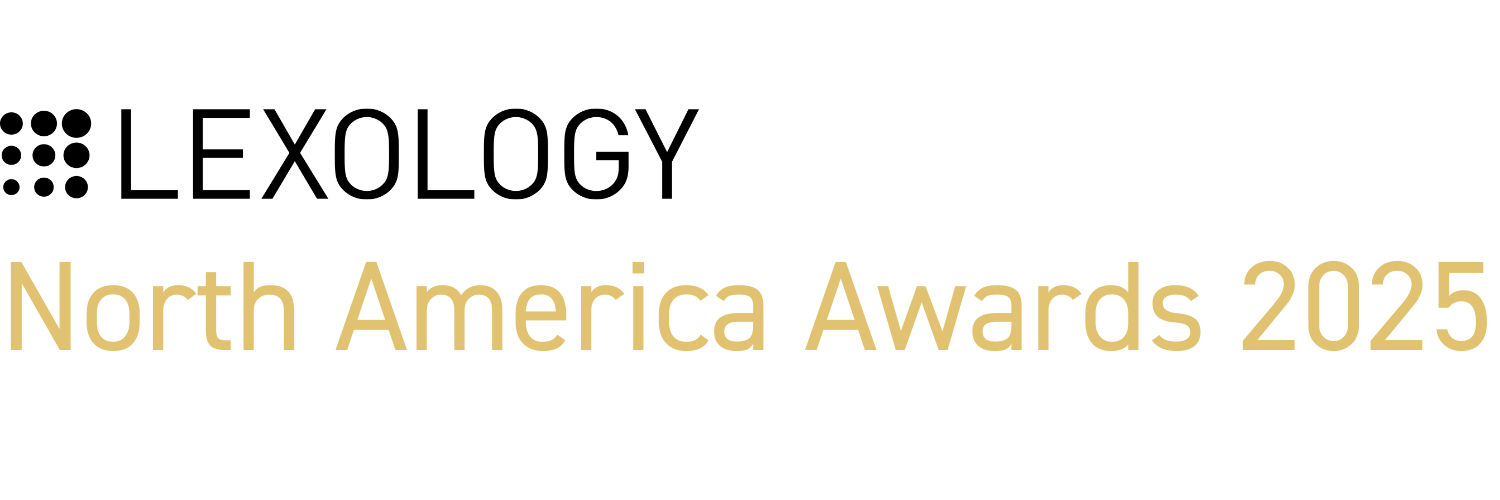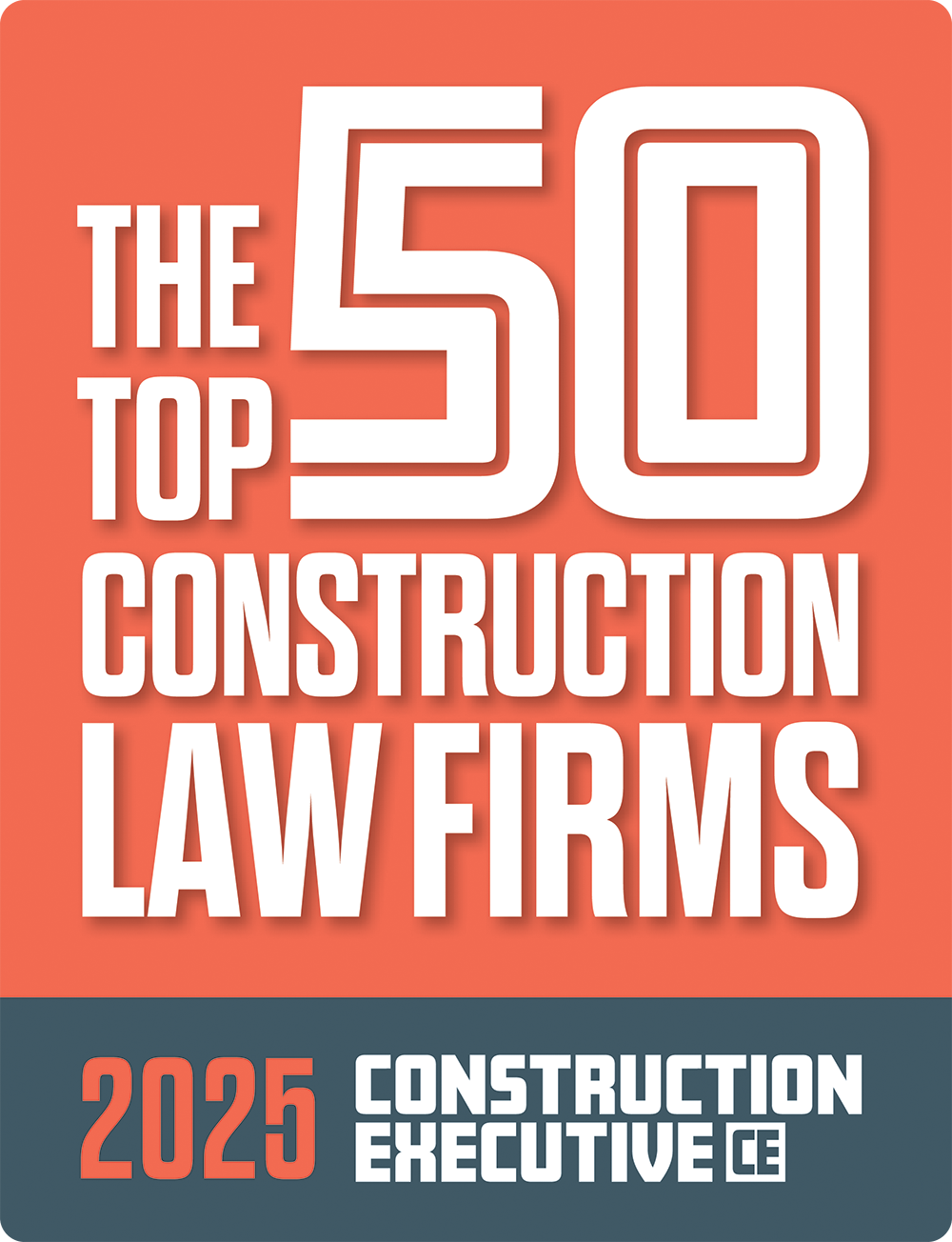Govconlaw Blog
Supreme Court Strikes Objective Reasonableness Test for False Claims Act Knowledge Requirement
By: P&A
Published Date: June 6, 2023
A key element of False Claims Act (“FCA”) cases is a contractor’s knowledge that its claim is false, often referred to as the scienter requirement.[1] In many cases, the knowledge element is straightforward, such as a company falsely certifying it is small when it knows it is not. However, in a complex regulatory environment where there is often no authoritative guidance from statutes, regulations, or the courts, there may be several reasonable legal interpretations about what is permissible. In the absence of authoritative legal guidance, how should we understand the contractor’s “knowledge” of the falsity of its certification? This question was recently taken up by the Supreme Court in United States ex rel. Schutte v. SuperValu Inc.[2] In such contexts, the Court ruled, FCA analyses should not permit “facial ambiguity” in a statute or regulation to be a bad actor’s saving grace.
In Schutte, the Court considered whether Safeway and SuperValu—grocery stores with pharmacies that regularly submit claims to federal Medicare and Medicaid (“MM”) offices—submitted millions of dollars in false claims. The applicable regulations allow providers to submit claims that reflect a provider’s “usual and customary” drug prices; however, these stores provided steep discounts to prescribers and then passed on the higher, retail prices for reimbursement from the federal government. Additionally, and key to the knowledge element, the trial court proceedings revealed internal communications that the companies were concerned that their pass-through pricing practices may be illegal.
In the lower-court proceedings, Safeway and SuperValu had relied on uncertainty regarding the definition of “usual and customary” in the MM regulations, stating that the definition applied to its retail—not discount—prices.[3] Hence, the stores argued that they could not have knowingly submitted a false claim, since the law had not yet been determined and they could not know the unknowable. The Seventh Circuit agreed with the stores and, rather than focusing on the subjective knowledge of the defendants, the Court instead asked whether their conduct was “objectively reasonable and authoritative guidance did not caution defendant against it.” United States v. Supervalu Inc., 9 F.4th 455, 464 (7th Cir. 2021). In other words, if conduct can be reasonably interpreted as legal, then subjective evidence of wrongdoing, such as internal discussions expressing extreme legal risk or uncertainty, is irrelevant. What matters would be whether the conduct is an “objectively reasonable” interpretation of permissible conduct based on a common reasonableness standard.
The Supreme Court disagreed with the Seventh Circuit’s emphasis on objective reasonability, rejecting the Seventh Circuit’s reliance on Safeco Ins. Co. of America v. Burr, 551 U. S. 47 (2007), a Fair Credit Reporting Act (“FCRA”) case. Instead, the Court noted the False Claims Act’s several definitions of knowledge:
(1) the terms “knowing” and “knowingly”—
(A) mean that a person, with respect to information—
(i) has actual knowledge of the information;
(ii) acts in deliberate ignorance of the truth or falsity of the information; or
(iii) acts in reckless disregard of the truth or falsity of the information . . .
31 U.S.C. § 3729(b)(1)(A); SuperValu Inc., WL 3742577 at 6. Drawing on these definitions, the Court found that the grocery stores’ conduct expressed “substantial risk that their statements [were] false, but intentionally [avoided] taking steps to confirm the statements’ truth or falsity.” Id at 2. In other words, the FCA’s definition of recklessness applied to Safeway and SuperValu’s conduct and the “objectively reasonable” safe harbor described in FCRA cases did not apply to the FCA context. The District Court and Seventh Circuit both erred in applying Safeco, since the FCRA utilizes a specific meaning of “wilfully” that does not appear in the FCA.
The takeaway from SuperValu in a federal procurement context is the following: if contractors are unaware whether they are complying with the law, they should always consult with legal counsel prior to making express certifications. Not exercising appropriate due diligence prior to such certifications could result in a finding that they acted in deliberate ignorance of the law or with reckless disregard for the truth. Such a finding could subject a contractor to large monetary penalties and debarment from federal contracting. With such risks, it is important to carefully review any certifications made to the federal government on a government contract.
For more information, please contact Marcos Gonzalez at +1 202.293.8815.
________________________________
[1] Scienter is Latin for “consciously” or “knowingly.” See https://latin-dictionary.net/search/latin/Scienter.
[2] United States ex rel. Schutte v. SuperValu Inc., No. 21-111, 2023 WL 3742577 (U.S. June 1, 2023).
[3] While questions about “usual and customary” prices were settled in United States ex rel. Garbe v. Kmart Corp., 824 F.3d 632, 644 (7th Cir. 2016), the conduct in question in Schutte occurred prior to that case. In Garbe, the court determined that Kmart pharmacy’s “’discount’ prices . . . represented the ‘usual and customary’ charges for the drugs.” Id. at 645.










